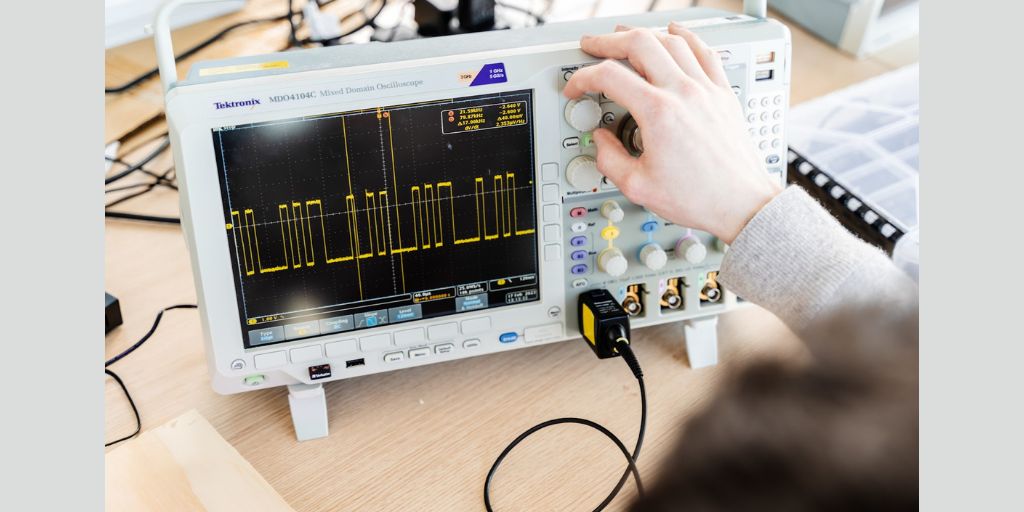
Multi-award-winning embedded systems consultancy ByteSnap Design has announced robust sales in 2023, largely driven by hardware and software projects in the medical devices industry, which in turn has prompted the consultancy to expand its core team to 43.
ByteSnap Design has developed software and electronics for many large and small healthcare companies and medical device developers. Healthcare experience coupled with in-depth hardware and software knowledge saw ByteSnap Design secure a number of new projects, which has led to investment in this dynamic growth area.
With 30 million people in the UK considered to have a long-term health condition, demand for medical devices will continue as the healthcare industry looks to technology to support the treatment of illness and medical conditions. The majority of ByteSnap Design’s medtech contracts come from established medical companies that already have accredited (e.g., IEC 62304 or IEC 62366) product development teams, which ByteSnap works alongside to bring devices to market in time and within budget.
From embedded firmware to high-performance graphical user interfaces, connected medical devices based on the Internet of Things (IoT) are a particularly buoyant branch of medtech. Products that the hardware and software consultancy has worked on range from urine analysis systems to remote monitoring using home care devices to next-generation patient monitoring equipment with high-definition LCD panels.
Clients the company has worked with include GCE Healthcare on portable oxygen concentrators, Hark’s new sensor technology for pharmaceuticals, and White Horse Scientific on lab monitoring equipment.
Some existing medical devices are on the verge of obsolescence due to outmoded operating systems such as Windows CE, which no longer meet security criteria. Such devices require migration to newer supported operating systems. While Windows and Linux operating systems (OS) are selected in many industries, QNX is a robust choice of OS for high-reliability systems that ByteSnap can also offer help integrating.
Graeme Wintle, Director of ByteSnap Design, said: “Given the volume of work that is coming our way through referral or repeat business, we are increasing our investment in the area and have taken on additional engineers. We’re a safe pair of hands for our medtech clients and can advise on the issues and pitfalls of designing and bringing their next generation of product to market. A large part of our project work includes extending the life of products that face the risk of obsolescence, thereby saving our clients the high costs of developing and bringing them to market.”
In the future, ByteSnap plans to grow its medical devices business by supporting a full choice of operating systems, from Windows 10 IoT Enterprise on ARM to Linux and QNX on an even wider range of embedded CPUs, including the new NXP i.MX9x range of processors.












